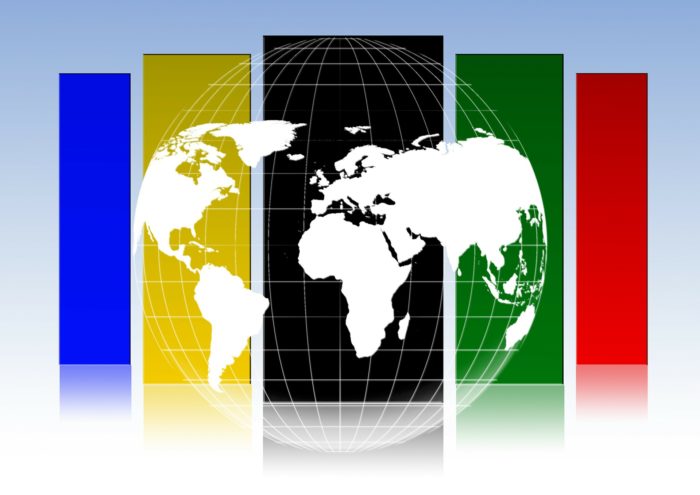In Honor of the Olympics We Give You the International Sweepstakes Edition
 In a twist that would make Alanis Morrisette sing, "Isn't It Ironic", last week the New York Times reported that a survivor of an Emirates airline crash landing in Dubai learned days later that he had won $1,000,000 in the Dubai Duty Free Millennium Millionaire Sweepstakes. http://nyti.ms/2bhMxkK
In a twist that would make Alanis Morrisette sing, "Isn't It Ironic", last week the New York Times reported that a survivor of an Emirates airline crash landing in Dubai learned days later that he had won $1,000,000 in the Dubai Duty Free Millennium Millionaire Sweepstakes. http://nyti.ms/2bhMxkK
For this Sweepstakes, sponsored by Dubai Duty Free, each passenger that goes through Dubai International Airport can purchase a $278 ticket with a chance to win a $1 million prize. The odds are an incredible 5,000 to 1. (For a state of reference, the odds of winning $1 million in the McDonald's Money Monopoly Game are roughly 1 in 513,591,720.)
Dubai Duty Free's "pay to play" sweepstakes seems as foreign to Americans as the Olympic events found only on an Internet feed. Perhaps you didn't know that goggles are optional in synchronized swimming or that Greco-Roman wrestling forbids holds below the waist or even that it's "badminton" and not "badmitton". Whenever you "go global" you need to brush up on international rules, and this is no less important when running a sweepstakes. Therefore, I give you some unusual sweepstakes quirks throughout the world:
- You cannot apply psychological pressure on participants to buy a product in Austria and Germany.
- You cannot have a sweepstakes in Belgium unless there is "active participation" from the entrant.
- In Hong Kong and Portugal, no cash prizes; in China, the prize limited to 5,000 RMB (about $781); in the Netherlands, there is an individual prize limit of 2,500 EUR. And in Taiwan, the prize cannot exceed 120 times the basic monthly wages (set by the Council of Labor Affairs at about US$640 per month).
- In the Netherlands the prize cannot offend good taste, common decency or decorum and in Norway you cannot award live animals as prizes.
- In Romania, the rules must be authenticated by a public notary; in Italy, the drawing must be by an Italian authority; and in Mexico, any prize over $5,000 must be delivered in front of the Mexican authorities.
- And in France, any entrant can ask to get back the cost of Internet and postage.
In addition, there are outright bans in some countries, permits required, translations needed, among other country-specific requirements. Because there are so many potential pitfalls when running an international sweepstakes, make sure that you investigate the laws of all countries involved, including subdivisions or provinces (see Quebec), understand any registration or taxation issues, know the disclosures required, and do so in plenty of time before the sweepstakes kicks off.










